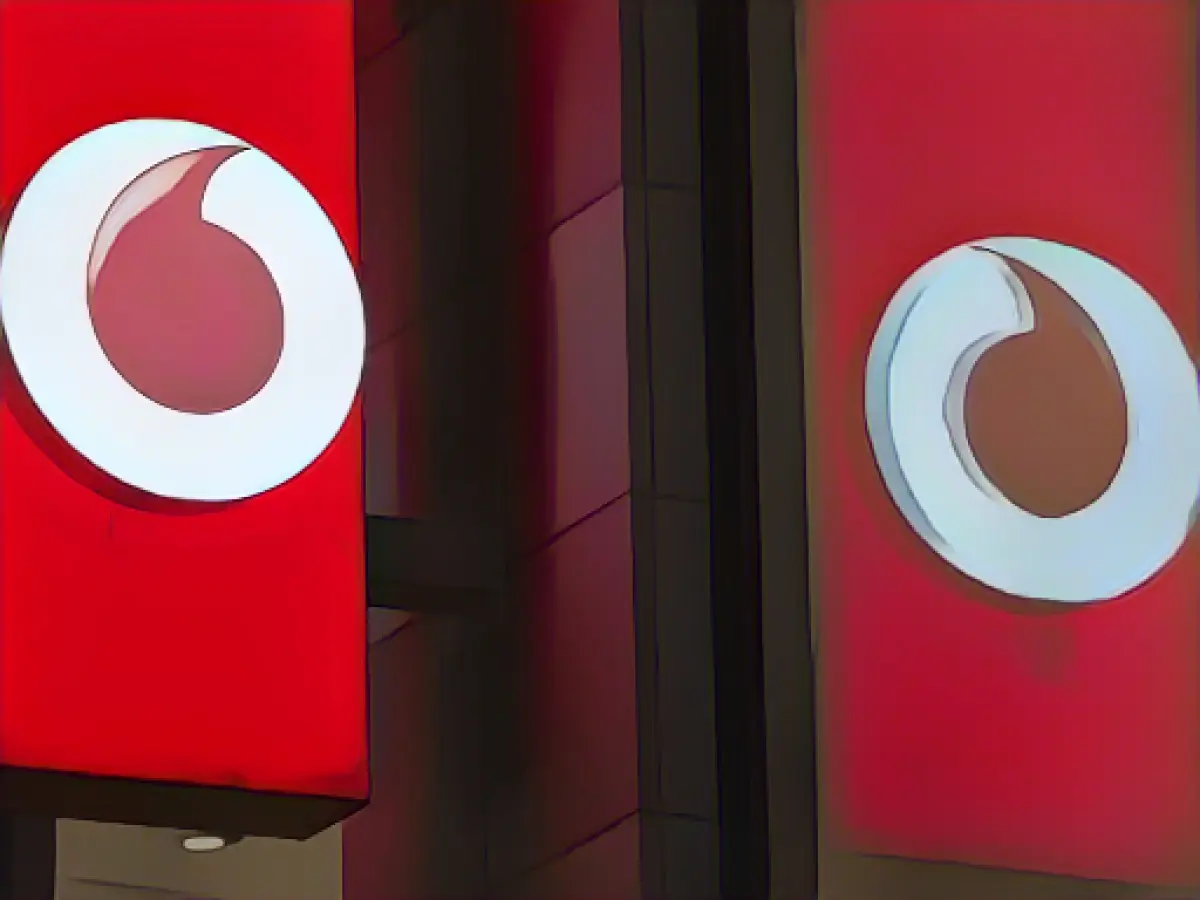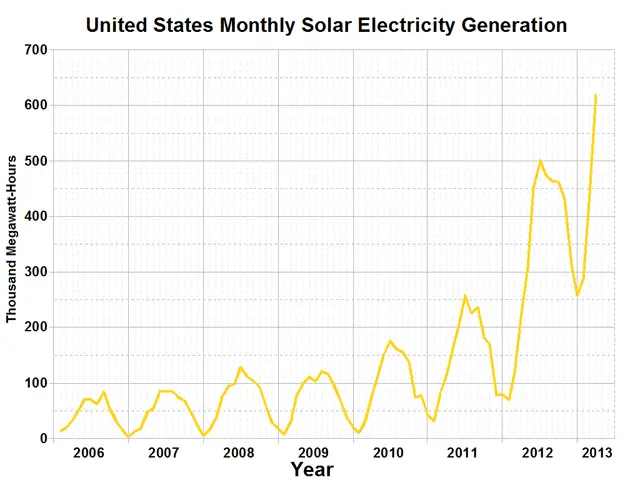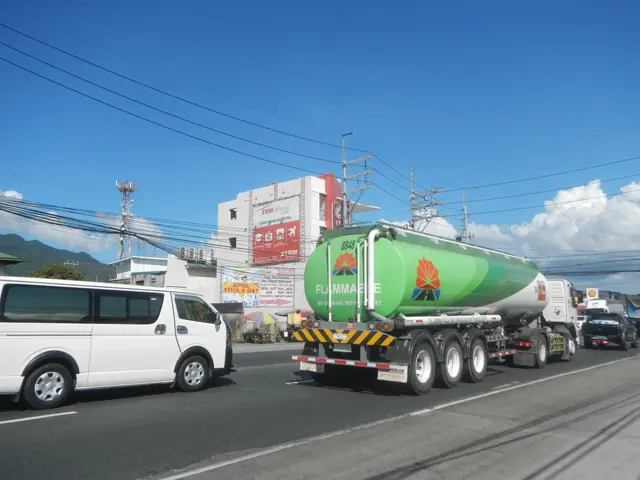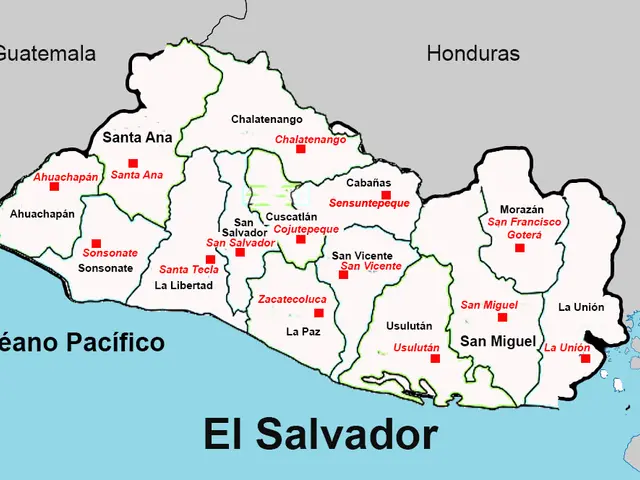Titled: Vodafone and Ericsson's Energy-Saving 5G Magic in Rural Germany
Get ready for some 5G magic in rural Germany! This time, it's not about speed or coverage but power conservation. Telecom giant Vodafone, partnered with tech geniuses at Ericsson, are introducing a powerful energy-saving tech for 5G mobile connections in less populated areas.
The innovative setup, announced in Düsseldorf, bundles multiple area frequencies - 900, 800, and 700 megahertz - into a single energy-efficient system. The heart of the operation takes place in the base of a mobile station, reducing power consumption by up to 40 percent.
"Bundling active technology allows us to transmit full power while saving 32 to 40 percent of energy," said Philippe Rogge, the Chief Executive Officer of Vodafone Germany. After successful trials in North Rhine-Westphalia, Vodafone is now activating this green tech across the network, noting that it's better for the environment as well as smartphone users in rural areas.
According to calculated estimates, energy consumption for each mobile phone site reduces by more than 2,500 kilowatt-hours (kWh) annually. This is equivalent to the energy used by a two-person household each year. By implementing this throughout the network, it's possible to save 20 million kWh of electricity each year, while simultaneously strengthening stable and reliable grid coverage in rural regions.
Vodafone's power-saving 5G technology is remarkable, potentially saving up to 40% energy per mobile phone site, and reducing the annual energy requirements by over 2,500 kWh, equivalent to household electricity usage. This conservation not only benefits technologically but also positively impacts environmental sustainability by lowering carbon emissions related to internet usage.
With this innovative approach, Vodafone and Ericsson are leading the way in making 5G eco-friendly. As the world moves towards a greener future, there's no reason the telecommunications sector should lag behind. By prioritizing energy efficiency, companies like Vodafone and Ericsson can contribute to reducing carbon emissions, conserving energy, and ensuring a sustainable digital future for all.
Sources:
Additional Enrichment Insights: - Ericsson's commitment to energy efficiency extends beyond 5G, with their new energy-efficient radios, antennas, and RAN Connect open fronthaul solutions. Their flagship product, AIR 3266, has 30% energy savings and a lower carbon footprint. - 5G networks contribute to sustainability by enhancing data transmission efficiency, reducing power requirements, and supporting IoT devices that optimize energy usage in real-time. - Ericsson RAN Connect solutions like the 600Gbps all-outdoor solution and the high-capacity 1.2Tbps fronthaul system, aim to increase network scalability and efficiency, achieving energy savings of up to 30% and lowering the carbon footprint by up to 50%.








